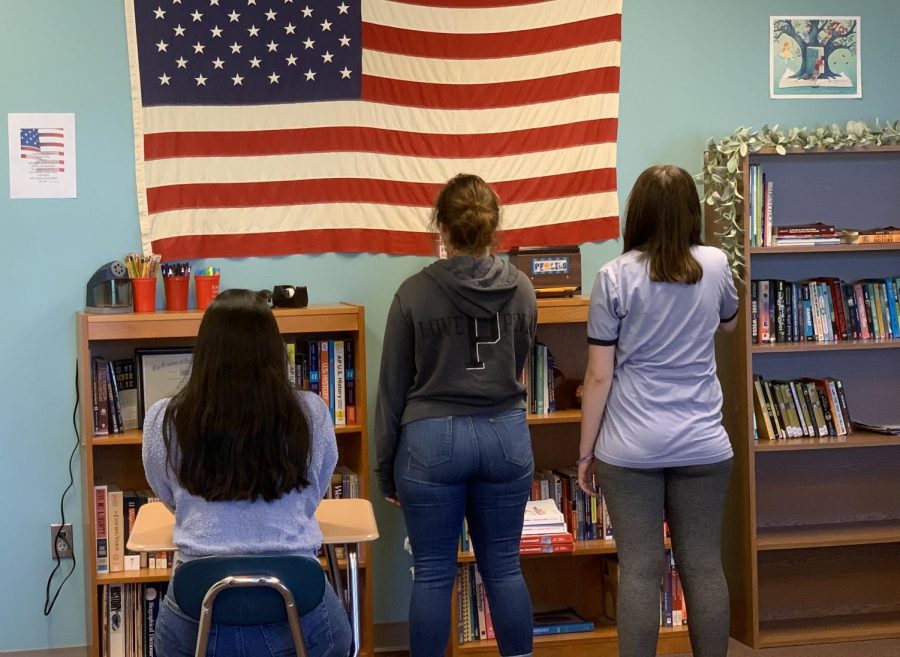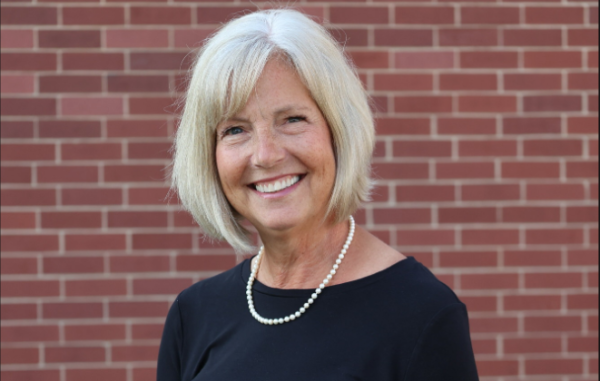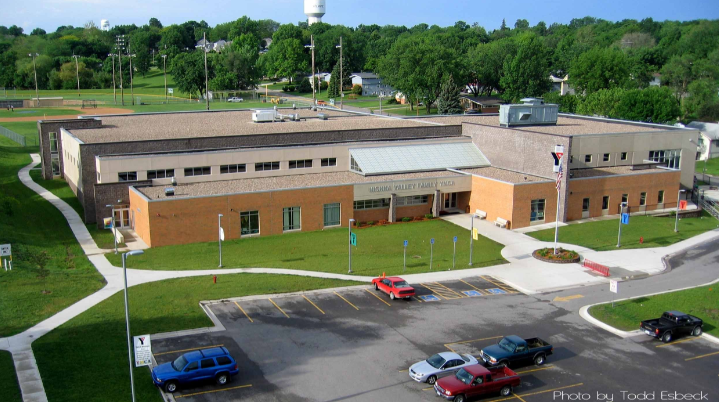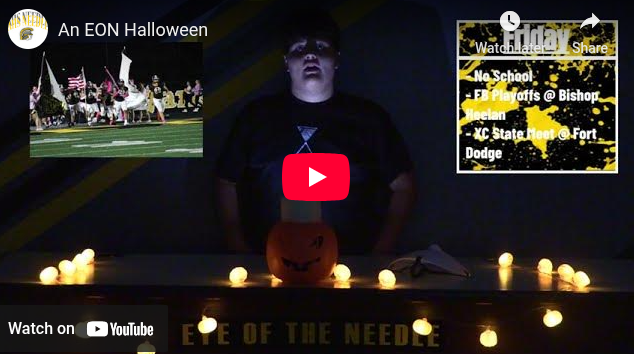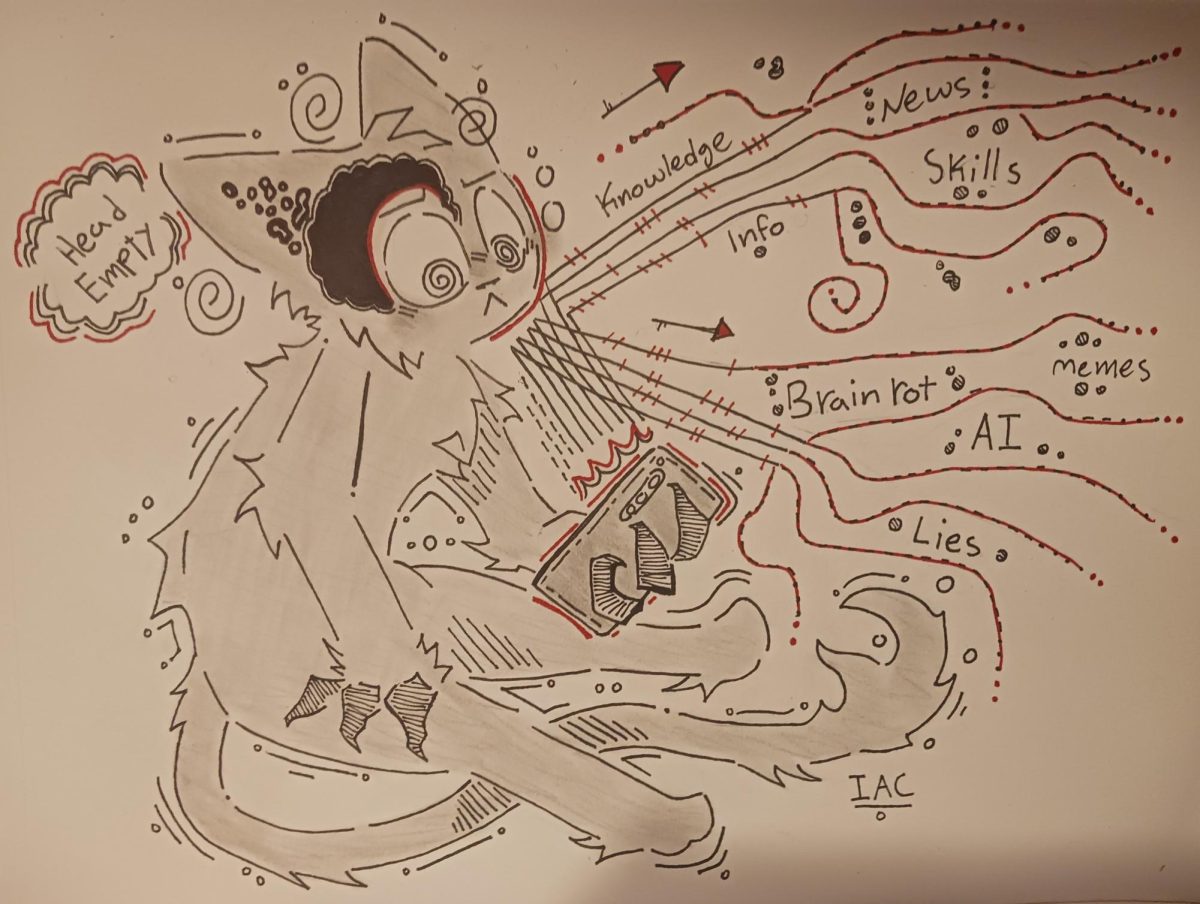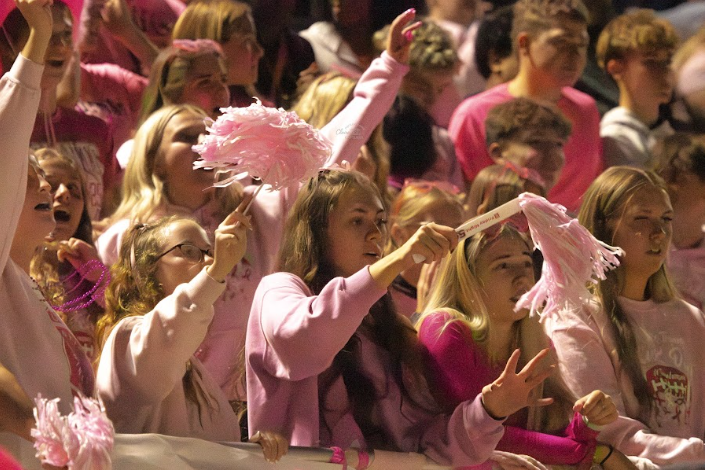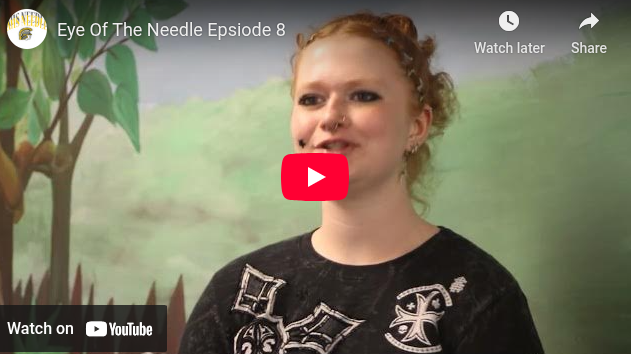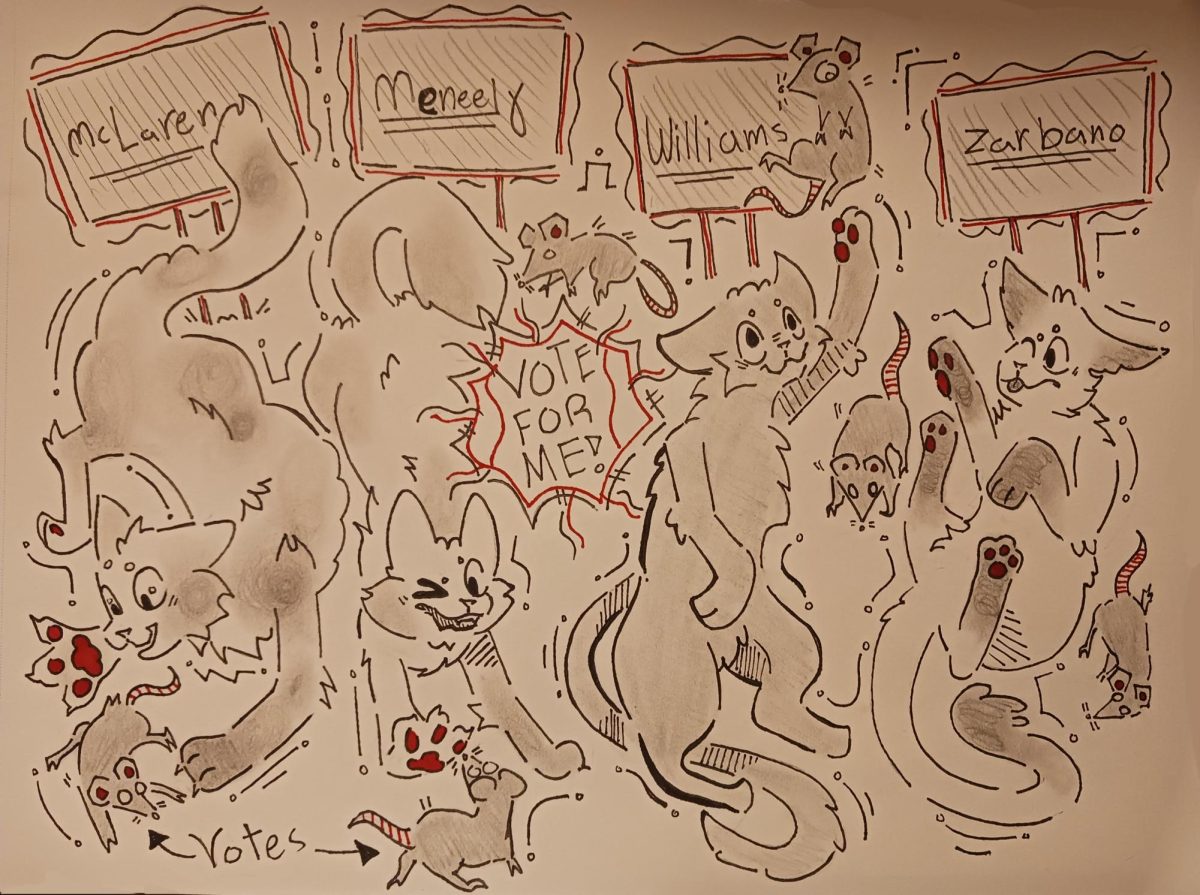Liberty and Justice for All
The implementation of the Pledge of Allegiance into Iowa schools this fall has stirred conflicts and questions.
The Pledge is recited over the intercom every day. Students choose to participate or not. (Photo illustration)
September 9, 2021
Eyes on the flag. Hand on the heart. Recite the Pledge.
To some, this is a unifying act of patriotism. To others, a school-led Pledge of Allegiance creates adversity, opposes freedom, and threatens peoples’ religious beliefs and First Amendment rights. This conflict may seem irrelevant; however, it found its way into the halls of AHS on the first days of the 2021-22 school year.
A new Iowa law signed by Gov. Kim Reynolds “requires all Iowa schools to lead the Pledge of Allegiance once a day in grades 1-12.” However, the bill goes on to say, “A student shall not be compelled, against the student’s objections or those of the student’s parent or guardian, to recite the pledge of allegiance, but shall be required to maintain a respectful silence.”
According to USHistory.org “The Pledge of Allegiance was written in August 1892 by the socialist minister Francis Bellamy (1855-1931).” After many iterations, different hand motions, and the addition of the phrase “under God” (to differentiate the United States from communists), the pledge became the 31-word poem we now recite each day.
Many supreme court cases have debated the legality of requiring students to say the pledge. In 1940, in the case of Minersville School District v. Gobitis, “the court held that a public school could force students who were Jehovah’s Witnesses to salute the flag and say the Pledge.”
Three years later, in the West Virginia State Board of Education v. Barnette case, the court reversed the Gobitis decision and decided that forcing people to say the pledge was against the First Amendment. Numerous other court cases have arisen with people wanting to remove the phrase “under God,” but the Supreme Court has always ruled that since saying the pledge is optional, the expression will remain.
Among the students and staff at AHS, this new change has sparked both support and opposition. Principal Heather McKay said, “I like to think of myself as a patriotic person, so for me personally, I like it.” She went on to say, however, “I want to make sure [those who choose not to say the pledge] are okay,” and “That’s the beauty of our country: You’re able to have your own personal opinion, and if you choose not to participate in [the Pledge], you obviously have your reasons.”
McKay is curious to find out what will become of this law and if it will cause conflict within the school. She said this is a time where people are really finding out “what they believe in, and what they stand for.”
“Education is a huge part of that, so no one has the right to infringe on someone else’s right,” McKay said.
Junior Easton O’Brien is in support of this new law because “We did it as kids, and then it kind of just went away.” He likes the uniting aspect of saying the pledge with the whole school. “They’re getting kids together,” he said. “Everybody has to go to either AO or seminar, [and] they’re saying [the pledge] over the loudspeakers so everybody can hear it.”
When it comes to opting out of the pledge, O’Brien said, “It’s just a respect thing. You can stand for thirty seconds or so, just to be [more respectful]… The hostility of people doing other things, if they’re sitting or if they’re just talking during it, it just doesn’t sit well with a lot of people.”
A student who wishes to remain anonymous said the recitation of the pledge at school “creates more division than the supposed ‘unity’ [Kim Reynolds] claimed it would.” They said, “The people who don’t stand or recite it are seen as ‘rebelling’ or ‘protesting’ or ‘being unnecessarily political’ and may become a subject of ridicule by peers.” They student said, “Although the pledge is supposedly optional, elementary school kids have no idea what they are saying or pledging to.” They said, “I certainly didn’t [understand] when I was that age. [The students] also tend to just mimic what the crowd is doing, regardless if they know what they’re doing or not.”
The student questions the social and educational benefits of saying the pledge. “No one was being negatively impacted, educationally, by the lack of pledge throughout those years where we didn’t do one. It was inconsequential. I never heard even the most patriotic of students complaining about not doing it; that’s how little of an effect it had.”

